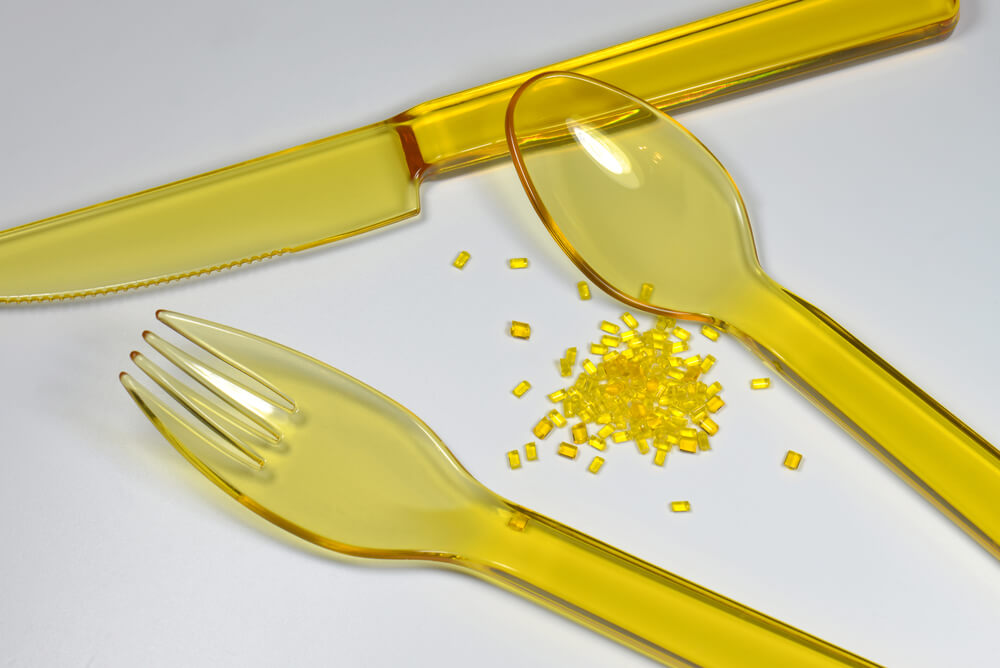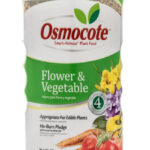There’s always a lot of news on any new day reminding us how our environment is getting messed up.
Among the culprits behind this mess is plastics. But this time, let’s talk about something different – virgin plastics.
What are virgin plastics?
Virgin plastic is the pure form of plastic. Most polymers are made by adding additives such as carbon and glass, but virgin plastics don’t have any additives.
They are simply what you think plastics are. In simple terms, it is a raw product made directly from natural crude oil or natural gas.
These plastics don’t contain any impurities or recycled materials.
Manufacturers are always willing to pay a premium for this raw material for two reasons – firstly, virgin plastics give cool products, with strength and durability being the selling points, and secondly, this type of plastic is more flexible than recycled plastic.
But are they environmentally friendly?
Is Virgin Plastic Biodegradable or Non-Biodegradable?
Like other plastics, virgin plastics are non-biodegradable. Due to their complex chemical composition, virgin plastics may take many years to decay or even break down.
Also, understand that decomposition usually occurs in organic materials such as wood, paper, carcasses, etc., that break down to form other organic compounds.
Bacteria acts as a catalyst for biodegradation, and the organic compounds from this process become food for plants and other organisms in the soil.
Unfortunately, all plastics (including virgin plastics) are inorganic materials. This means that bacteria have no business trying to break down virgin plastics.
They are unlikely to get anything useful from virgin polyethylene terephthalates.
You might have heard people say that UV light can biodegrade virgin plastics.
As you have seen, organic material and bacteria must be present for biodegradation to occur. So, we remove all types of plastics from the equation.
When plastics are exposed to UV light for a long time, they slowly begin wearing out and eventually break down into smaller pieces.
This means that virgin plastics don’t decompose but tend to break down into smaller polymers that end up in the environment.
Is Recycled Plastic Better Than Virgin Plastic?
Have you ever wondered which is the better option between virgin plastic and recycled plastic?
These two types of plastics have notable differences that make each of them a darling of different people.
- Purity: While virgin plastic is pure resin drawn directly from natural gas or crude oil, recycled plastic is made from recycling different plastic packaging.
- Performance: Products made from virgin plastic are stronger and more stable than those made from recycled plastic. They are also more durable and adapt to various design processes.
- Sustainability: In terms of sustainability, recycled plastic beats virgin plastics. Firstly, crude oil and natural gas are non-renewable energy sources, so their stocks are fast dwindling. That means we can’t sustain the production of brand new plastics.
Secondly, the world is quickly adopting green energy and, at the same time, encouraging recycling. Most governments are even rewarding people for recycling, so the better option is to recycle what we already have.
- Environmental friendliness: Recycled plastics help save energy because repurposing a plastic bottle is less toxic than creating a new one from scratch.
- Production cost: Although some manufacturers like virgin plastic because of its strength, most companies prefer recycled plastic because of the low processing costs.
Overall, recycled plastic is better than virgin plastic. It is affordable, sustainable, and environmentally conscious compared to virgin plastics.
Even reputable environmental organizations support recycling. According to UNEP, recycling is the long-term solution to the plastic pollution menace.
Is Virgin Plastic BPA Free?
BPA-free products don’t contain Bisphenol A (abbreviated BPA). BPA is an organic industrial compound commonly used by manufacturers to make certain plastic products.
The compound might be present in your water or food bottle. You might also find it on the inside coatings of most products.
Research suggests that BPA has adverse health effects on human health. Fortunately, most virgin plastics in the market are BPA-free.
These plastics are naturally pure and don’t contain chemical additives.
However, it would help if you always were cautious with the plastic products you buy, as unscrupulous sellers often use the BPA-free card to lure people into buying BPA products.
Is Recycled Plastic Cheaper Than Virgin Plastic?
Recycled plastic is cheaper than virgin plastics – and that has been the status quo for decades now. In pricing, we consider the following important factors:
- Initial production costs: Producing new plastics directly from fossil fuels is pricier than improving or repurposing existing plastics.
- Rising oil prices: With the high cost of living and dwindling oil stocks, petroleum and natural gas are increasingly becoming scarce and more expensive. Manufacturers who can’t afford these prices opt for a cheaper, recycled plastic option.
How Can You Tell If Plastic is Virgin?
As an average consumer, you don’t always realize when bottles change from virgin to recycled. On the other hand, not all marketers are honest.
So, how do you tell if you’re getting virgin plastic and not recycled plastic?
- Color: Think about all the “clear” bottles on the market. Some are perfectly clear, while others are slightly different shades like a blue tint. Now, thinking about all the mixture going into the recycling stream, you understand why recycled plastic isn’t 100% clear.
- Strength: Virgin plastic is durable, shock-resistant, isn’t susceptible to water and chemical corrosion, and is generally strong. On the other hand, recycled plastic has a weaker structure. Common sense makes us aware that materials that have been used before are weak and aren’t going to be the same as brand new materials.
Final Thoughts
Virgin plastics have unmatched strength and durability. However, these two properties contribute to the overall non-biodegradability of these plastics.
Again, they are a nightmare to manufacturers, consumers, and governments. Manufacturers are torn between paying a premium for strong raw plastics and spending less on cheap but weak plastics.
On the other hand, governments are encouraging recycling to help the environment. As an environmentally conscious person, choose recycling or avoid plastics altogether.

